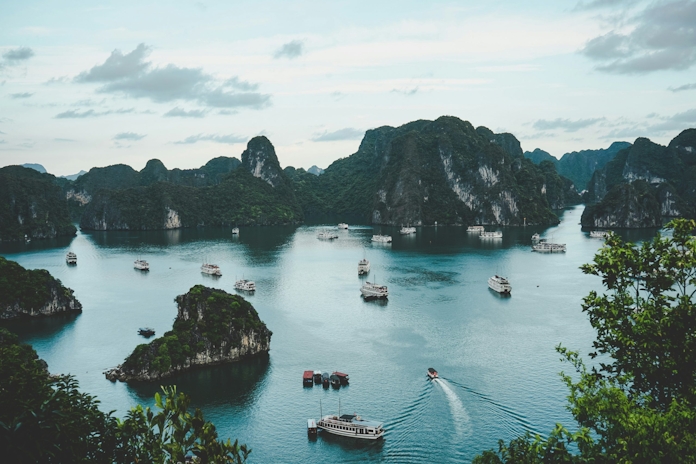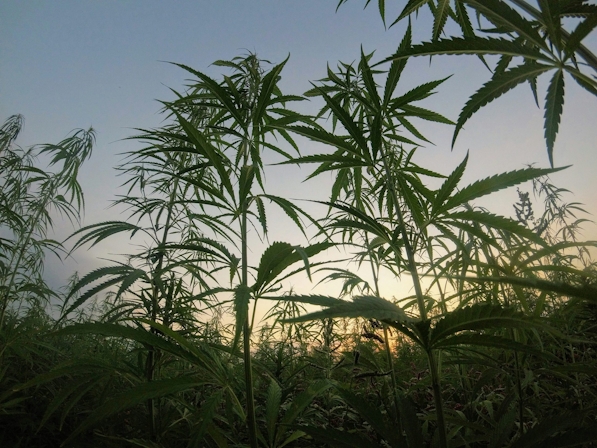
Photo by Ammie Ngo
Exploring Vietnam’s allure, from bustling cities to breathtaking scenery, is on many travelers’ lists.
But when it comes to cannabis, does Vietnam roll out a green carpet or slam the door shut?
From penalties to cultural backdrop, we’re getting into the heart of Vietnam’s cannabis laws and what they can mean for you.
Cannabis Legality In Vietnam
In Vietnam, the stance on cannabis is crystal clear: it’s illegal.
Classified alongside hard drugs like heroin and cocaine, Vietnam shows zero tolerance towards cannabis possession, use, or trafficking.
Getting caught? The consequences are severe and can vary widely:
Fines for minor possession can range from $100 to $200, with the potential for heavier penalties for more serious offenses
Mandatory treatment program
Imprisonment, with sentences up to 7 years for larger quantities
Death penalty in cases of large-scale trafficking
Tourists might hear rumors of leniency, with minor offenses leading to fines rather than jail. However, it’s essential to understand that these outcomes are not guaranteed, and the legal risks remain high.
On the medical front, the Vietnam drug policy remains the same and doesn’t allow cannabis use, with a narrow exception for CBD oil derived from industrial hemp, which must contain less than 0.3% THC.
Looking ahead, there is no indication that Vietnam’s legal stance on recreational or medical cannabis will evolve in the foreseeable future. The country maintains a firm prohibitive stance on the substance, aligning with its broader narcotics control policy.
The History Of Cannabis In Vietnam

Photo by Matteo Paganelli
Likely introduced to Southeast Asia around the 16th century, cannabis found its place in Vietnam’s medicinal practices and culinary traditions.
However, the turning point in its legal and social standing came much later.
By 1968, amidst a turbulent period of war and social change, the government of the Republic of Vietnam took a definitive stance against cannabis. It publicly condemned its use and trafficking, directing local chiefs to stop its cultivation completely.
The following year, 1969, saw these efforts escalate with the U.S. USAID’s Office of Public Safety involvement. They launched aerial eradication campaigns in the Mekong Delta region, aiming to wipe cannabis cultivation off the map of Vietnam.
Today, the stance on cannabis in Vietnam remains as stringent as it was in the late 1960s, maintaining a zero-tolerance policy on cannabis use.
Herb Recommended Products:
READ MORE










